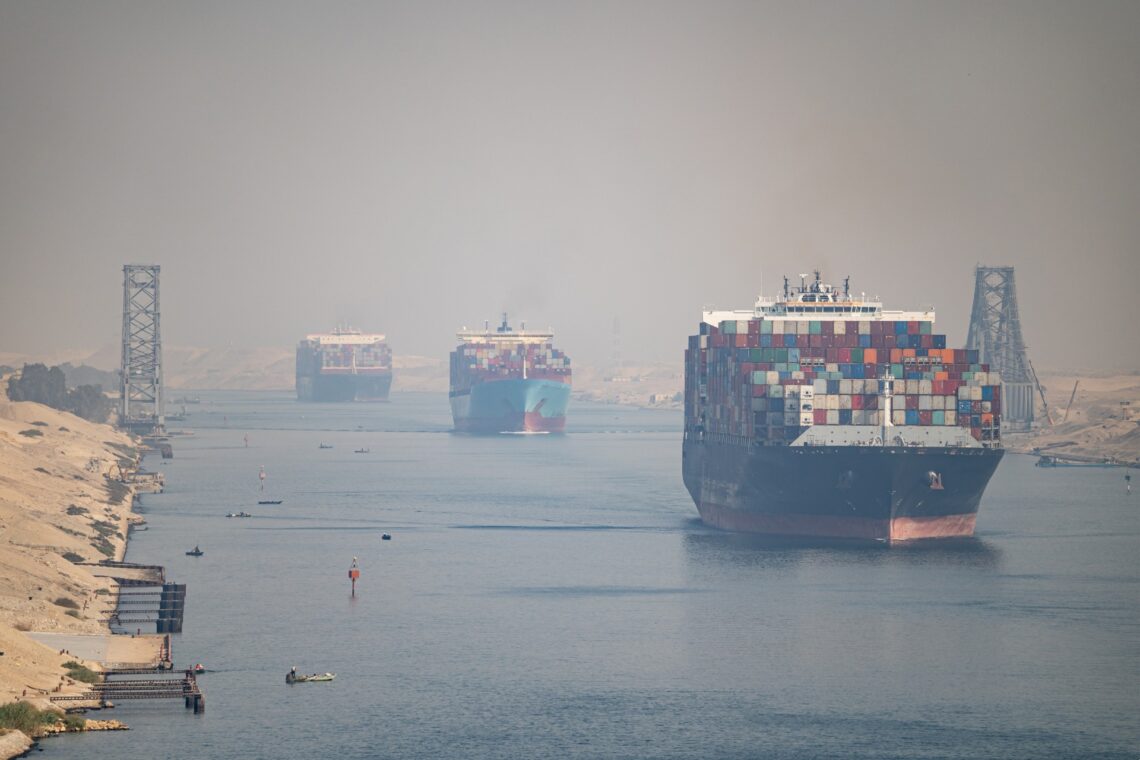تشهد منطقة الشرق الأوسط تصعيدًا متزايدًا في التوترات العسكرية، خاصة بين إيران، إسرائيل، والولايات المتحدة، ما يثير مخاوف جديدة بشأن تأثير ذلك على سلاسل الإمداد العالمية، ومنها تجارة القهوة. ففي 21 يونيو، شنت الولايات المتحدة ضربات على منشآت نووية إيرانية، تبعتها إيران في 24 يونيو بهجوم صاروخي استهدف قاعدة “العديد” الأمريكية في قطر.
ورغم أن إيران وإسرائيل ليستا من الدول المنتجة للقهوة تجاريًا، إلا أن موقع المنطقة الحيوي كممر للنقل البحري يجعل تأثيرها على تجارة القهوة العالمية أمرًا يستحق المتابعة.
تحويل مسارات الشحن وتكاليف إضافية:
يقول دومينيك إينثوفن، المستشار الرئيسي في شركة MPC الدولية، إن التوترات الأمنية في البحر الأحمر منذ أواخر عام 2023، أجبرت العديد من شركات الشحن على تجنب المرور عبر قناة السويس، واللجوء إلى طريق رأس الرجاء الصالح. وأضاف: “هذا التحويل تسبب في زيادة زمن الشحن بنحو 10 أيام، ورفع التكاليف بدرجة كبيرة، كما استنزف قدرًا كبيرًا من طاقة الشحن المتاحة عالميًا”.
تأثير مباشر على صادرات شرق أفريقيا:
هذا التحول أثر بشكل خاص على صادرات القهوة القادمة من دول شرق أفريقيا مثل إثيوبيا، كينيا، رواندا، وأوغندا – والتي تعتمد عادة على عبور قناة السويس للوصول إلى أوروبا وأمريكا الشمالية، أو عبر موانئ آسيا إلى أسواق مثل أستراليا. كما امتد التأثير إلى صادرات القهوة من فيتنام وإندونيسيا ودول آسيوية أخرى، نتيجة الازدحام في الموانئ ونقص الحاويات واضطراب الجداول.
آمال محدودة بعودة العبور عبر السويس:
ومع بداية عام 2025، ظهرت بعض المؤشرات الإيجابية، حيث بدأت شركات شحن مثل CMA CGM في العودة التدريجية لاستخدام قناة السويس، مستفيدة من تصريحات الحوثيين بعدم استهداف السفن التي لا تتعامل مع موانئ إسرائيل. إلا أن التصعيد الأخير بين الولايات المتحدة وإيران أعاد هذه الآمال إلى نقطة الصفر.
مخاطر متزايدة في مضيق هرمز:
يحذر إينثوفن من أن فرض إيران حظرًا على مضيق هرمز – الذي تمر عبره نحو 30% من صادرات النفط العالمية – سيؤدي إلى قفزة كبيرة في أسعار الوقود وتكاليف الشحن. “إذا تم فرض حظر فعلي، فسيؤدي ذلك إلى ارتفاع أسعار النفط، وبالتالي ارتفاع رسوم الوقود التي تفرضها شركات الشحن، مما سيؤثر على تكاليف استيراد القهوة عالميًا”.
تأثير متفاوت حسب حجم العمليات:
ورغم أن غرفة الشحن الدولية تقدر أن تكلفة النقل البحري لا تتجاوز 0.04 دولار من سعر كوب القهوة الذي يبلغ 3.40 دولار، إلا أن التأثير سيكون كبيرًا على المستوردين والمحمصات التي تعمل على نطاق واسع، في حال استمرت الأزمة وارتفعت رسوم الشحن والتأمين.
وفي وقت إعداد هذا التقرير، أشارت بعض التقارير إلى محادثات أولية حول وقف إطلاق نار بين إيران وإسرائيل، إلا أن الوضع لا يزال متقلبًا، ويستوجب متابعة دقيقة من قبل العاملين في قطاع القهوة وسلاسل الإمداد العالمية.
المصدر: تمت إعادة صياغة هذا التقرير استنادًا إلى تقرير أصلي من كاثرين لويس، نُشر بتاريخ 24 يونيو 2025.
